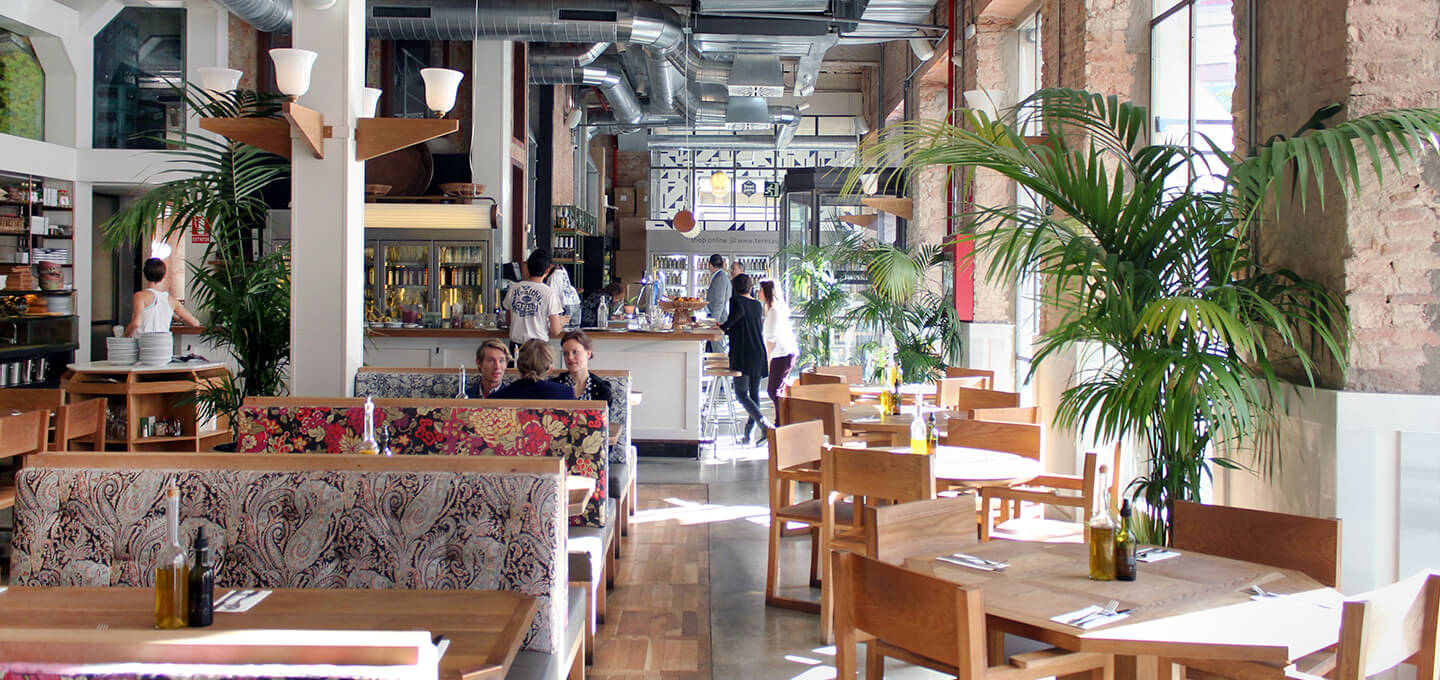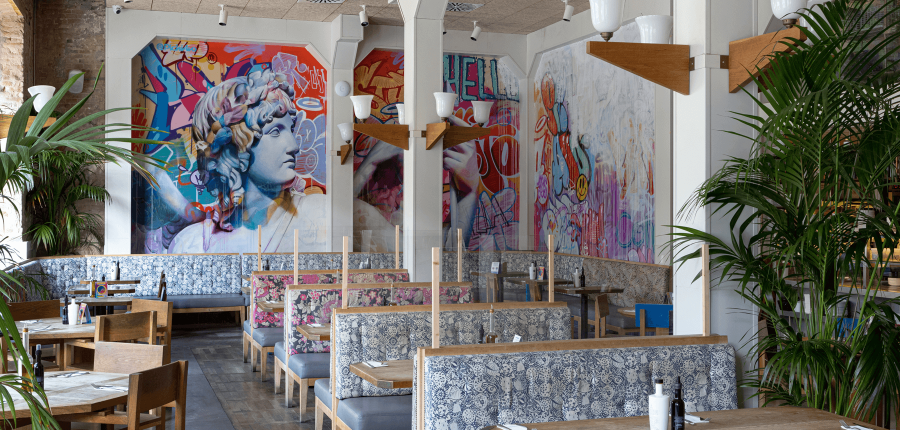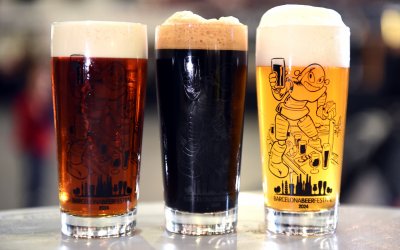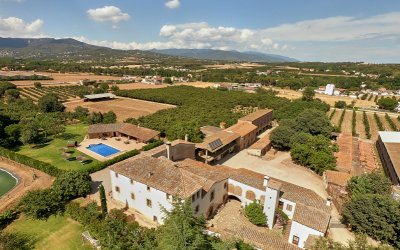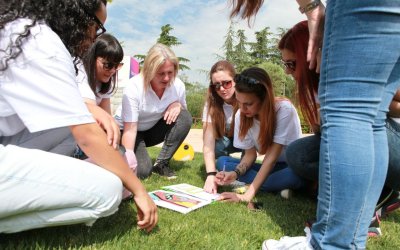Flax & Kale restaurants and their commitment to flexitarian cuisine based on vegetables and healthy proteins are bringing sustainability to the general public.
It wasn’t so long ago that healthy cuisine was largely unknown. Apart from a few adamant vegetarians who had turned food into activism, most people weren't even aware of these options.
In recent years, everything has changed drastically, and much of the credit goes to initiatives such as Flax and Kale, which now has three restaurants in Barcelona: Tallers, Passatge and Trafalgar.
The story of this family enterprise began 40 years ago, when the parents of the current managers opened the first vegetarian restaurant in Lleida.
At the time, fast food chains were popping up in Spain and the consumption of sugary soft drinks was skyrocketing. From the first dozens of people who came to check it out, the restaurant eventually built up a devoted following who are passionate about this innovative way of eating.
The business was going so well that after some years, the family opened a new restaurant in Barcelona, the Teresa Carles, to show that healthy eating didn’t have to be boring. That’s why they incorporated new culinary and cultural trends that were becoming popular around the world.
Three years later, Flax and Kale was born, with an innovative take on healthy eating. And it wasn’t alone. Soon afterwards, it was joined by a new R&D centre in Lleida focused on exploring the possibilities of this new world.
Sustainability in power
Of course, food that’s good for people also has to be good for the planet. That’s why its success is inextricably linked to sustainability.
All restaurants in the brand use healthy cooking methods with unrefined and wholegrain products. They also follow a sustainable sourcing policy, with 80% of their menu plant-based and the remaining 20% animal protein from certified sources.
Packing and point-of-sale materials are also relevant. The food and drink menus are made out of sustainable materials, such as wood that can be reused endlessly. Plus, the take-away packaging can be composted.
Their restaurants also have an osmosis installation that makes it possible to be self-sufficient with the water they serve customers, thus avoiding the transport of countless single-use containers. What’s more, waste from the osmosis system doesn’t actually go to waste: it’s recirculated and used to flush toilets.
Flax and Kale is just one example of how sustainability and business success can go hand in hand.
